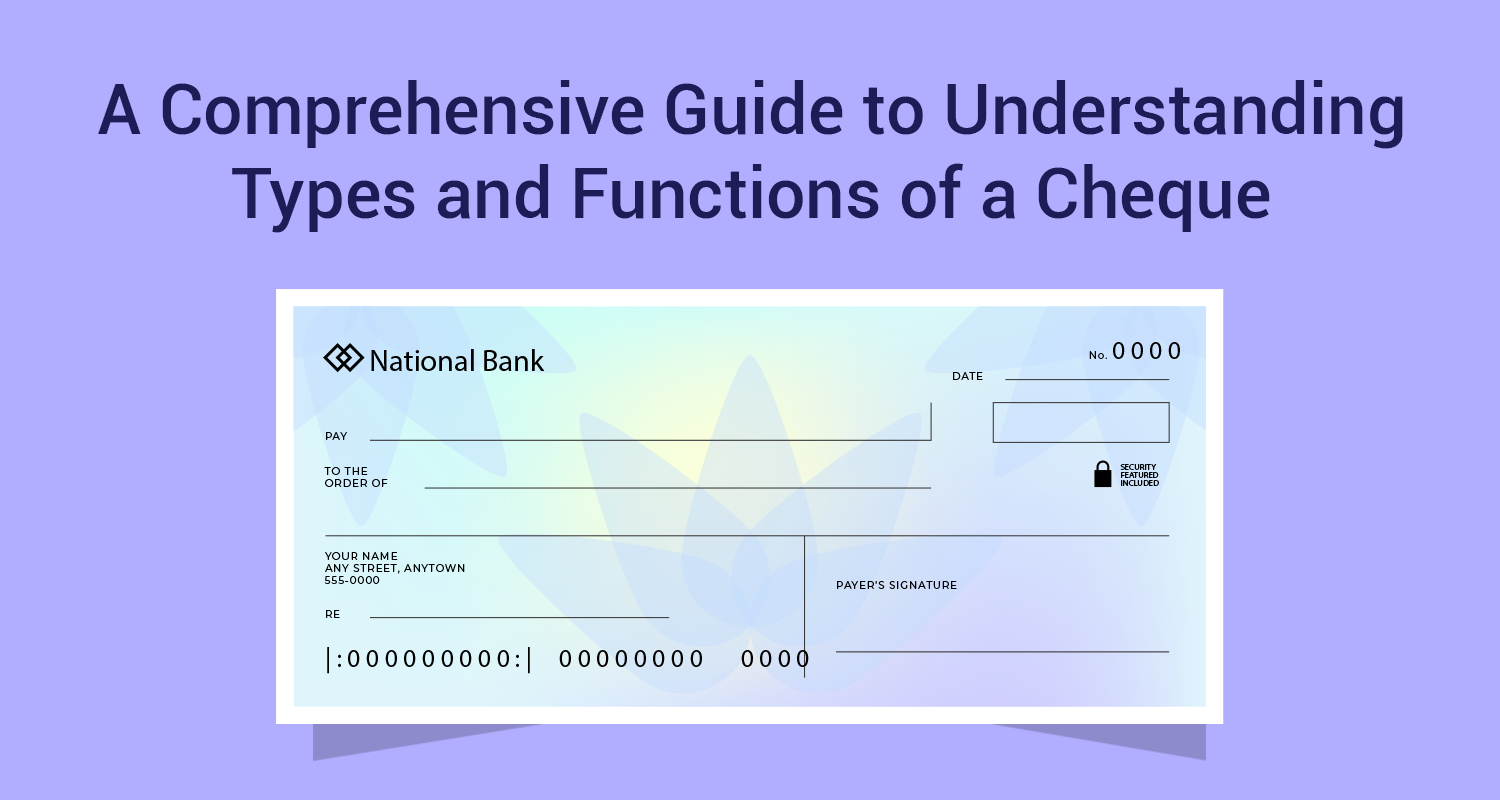Ring In Republic Day By Adopting A Financial Constitution

As another Republic Day dawns on us, it’s a good time to remember the Constitution and its set of guiding principles for the nation. The Constitution is the foundation on which our democracy thrives. How about drawing inspiration from the Constitution-Indian democracy equation and comparing it with our own financial situation? What if we could have a set of guiding principles that help us build our financial constitution? We could all do with a set of handy investing principles to help with our financial planning.
Read on to understand what such principles could be, and how they will help us build a solid financial profile:- Set goals: Build your financial constitution on the bedrock of goal-based investing. Financial planning is all about clearly defining your goals, and aligning your investments accordingly. Chart out your short-term and long-term goals so you can pick an investment vehicle to suit the goal. Your goal could be your child’s education or wedding, buying a car or house, world travel or retirement. Picking one of the mutual fund schemes will help you achieve your goals.
- Start early: The earlier you start the longer you have to build on your investments. Having said this, anytime is a good time to start investing, so choose now. When you start early, you are also essentially leveraging the power of compounding Compounding involves a long-term investment plan, wherein your returns on your investment get added on to the principal. For example, when you invest in a mutual fund, the returns are reinvested and your corpus grows. The interest you earn is not on the initial investment but on the reinvested returns plus the original investment. This pattern gets repeated till the end of your investment horizon.
- Pick your options carefully: Once you have a goal, list out your investment options: mutual funds, fixed deposits, pension provident funds, equity-linked savings scheme (ELSS), gold or real estate among others. But understanding the nature of each of these options is also very important for you to pick one or the other, or a combination of these investment options. Mutual fund schemes are ideal if you are looking at a stable return on investment. The advantage is that funds are managed by experts or fund managers who base their investment decisions on research and experience. Also, mutual funds have an inherent element of diversification, as your wealth gets spread over different asset classes.
- Think about asset allocation: Like the famous phrase goes, “don’t put all your eggs in the same basket.” Have a good mix of different asset classes and different forms of investments so you minimise risk and optimise rewards. Understanding the risks and rewards inherent in every asset class is a must when you begin investing.
- Understand your risk profile: A key rule of financial planning is to assess where you stand. No two people are in the same boat, financially. Your willingness to take risks or capacity for the same depends on a variety of factors. These could include your financial goals, levels of commitments, and earning power. Depending on your scenario, you could be a low-risk investor, a medium risk investor or an aggressive investor. There is a mutual fund available for every kind of investor -- you could also invest in hybrid mutual funds that have a good mix of asset classes.
- Don’t be swayed by current market conditions: The point of investments is to tap into the positives of an asset class. It is important that you stay invested irrespective of market troughs or sudden highs; sticking to your goals rather than market conditions may help you over the long-term. Market highs and lows are inevitable but you may be required to stay true to your financial goals.
You could take the systematic investment plan (SIP) route if you are investing in mutual funds so that you don’t have to invest a lump sum amount and invest in a disciplined manner, at regular intervals. This method is particularly useful for the salaried class.
If you stick to the above guiding principles, your financial constitution is guaranteed to stay strong. Make use of the mutual fund calculator and compute your possible returns & open an SIP on mf.indiainfoline.com. Any form of investment needs discipline, focus on financial objectives, either short or long-term goals, and the ability to understand your risk appetite.

Disclaimer: The information contained in this post is for general information purposes only. IIFL Finance Limited (including its associates and affiliates) ("the Company") assumes no liability or responsibility for any errors or omissions in the contents of this post and under no circumstances shall the Company be liable for any damage, loss, injury or disappointment etc. suffered by any reader. All information in this post is provided "as is", with no guarantee of completeness, accuracy, timeliness or of the results etc. obtained from the use of this information, and without warranty of any kind, express or implied, including, but not limited to warranties of performance, merchantability and fitness for a particular purpose. Given the changing nature of laws, rules and regulations, there may be delays, omissions or inaccuracies in the information contained in this post. The information on this post is provided with the understanding that the Company is not herein engaged in rendering legal, accounting, tax, or other professional advice and services. As such, it should not be used as a substitute for consultation with professional accounting, tax, legal or other competent advisers. This post may contain views and opinions which are those of the authors and do not necessarily reflect the official policy or position of any other agency or organization. This post may also contain links to external websites that are not provided or maintained by or in any way affiliated with the Company and the Company does not guarantee the accuracy, relevance, timeliness, or completeness of any information on these external websites. Any/ all (Gold/ Personal/ Business) loan product specifications and information that maybe stated in this post are subject to change from time to time, readers are advised to reach out to the Company for current specifications of the said (Gold/ Personal/ Business) loan.



